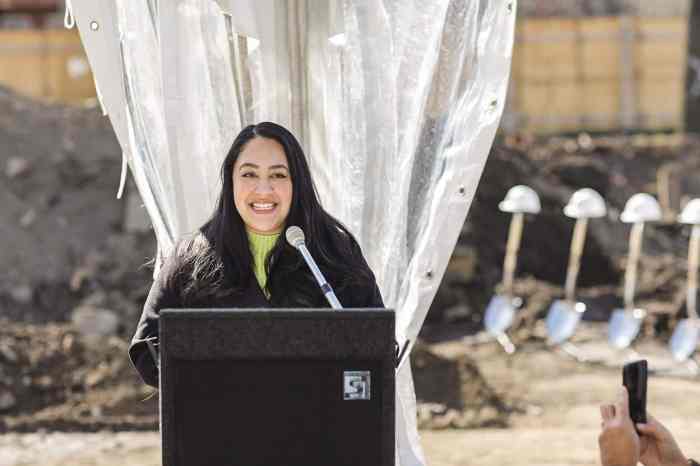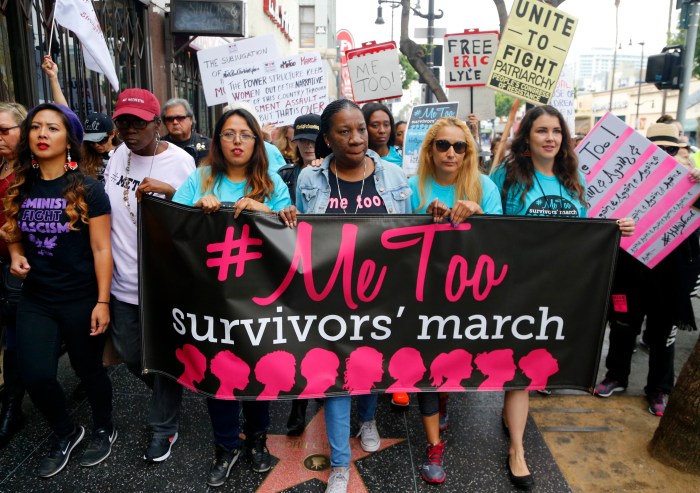Any improvement in democracy in the U.S. since 1750 is largely the result of various kicks in the pants that “we the people” have delivered to our leaders. It began with George Washington and his cohorts who, as we’d say today, kicked some British butt to get us going. The tradition continued with workers, women and Blacks who put it all on the line for safe working conditions, fair pay, the right to vote and other civil rights.
Progress depends on people taking a stand. Most of us realize that peaceful strikes and protests are part of democracy. We know from history that change is often initiated or accelerated by grassroots activism and that heated tempers and even physical confrontation can be part of the process.
Today, money has too much influence on government and, related to this, not enough of it is going where it should. The ability of “we the people” to change this rests largely with our votes. At election time, however, we choose among candidates whose place on the ballot depends on their ability to raise very big bucks. The result: the interests of big money are well-represented, often better-represented than those of citizens.
The folks occupying Wall Street and other streets across the country apparently don’t have a much clearer idea than the rest of us about how to remedy this. They see the state of affairs today: high unemployment, high income inequality, and high levels of debt incurred to fund bail-outs of the wealthiest of institutions. They reject the options of maintaining our current path or of turning back time.
What then is to be done? There is support for election reforms to provide better representation of voter interests. Changes in financial laws or regulations to prevent massive taxpayer bailouts in the future are wanted.
Tax reform is also on the agenda. Most of us are not happy that 30 percent of U.S. corporations with gross receipts of $50 million or more paid no income taxes (according to a 7/24/08 Government Accountability Office study covering 1998-2005). The situation in many states is similar when it comes to state corporate income taxes.
Overarching these concerns, though, are job creation and higher earnings. Increasing the earnings of the typical worker is perhaps the major issue, since the higher incomes would boost demand and create the jobs needed. It used to be thought that this could be accomplished through increasing output per worker — that higher productivity would automatically mean higher wages. However, in 2010, hourly wages after adjustment for inflation were lower than in 1971, although output per employee was up by over 70 percent. In agriculture, productivity is now so great that less than 2 percent of the workforce is employed on farms!
Why don’t earnings reflect this tremendous growth of productivity? Wages depend on the bargaining power of the employee versus that of the employer. Unless an employee is a member of a union, has skills that enable him or her to easily find another job or has valuable personal connections, the power to negotiate over wages is limited. Fair pay becomes whatever an employer is willing to offer and a worker willing to accept.
There is currently no national consensus to protect and advance the well-being of Americans. Achieving such consensus is basic to moving forward and maybe, just maybe, the Occupiers will nudge us, including our corporate boards and shareholders, towards a shared national agenda that puts people at the top of our priorities.
Hill is an activist with a Ph.D., in economics.















